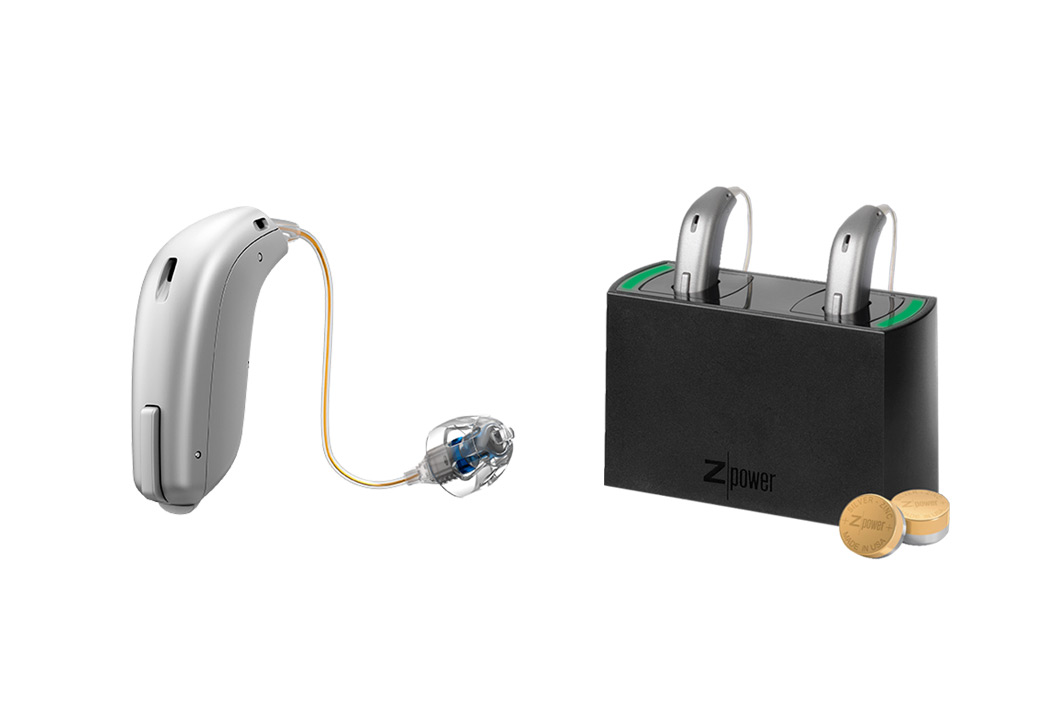
If you have an NHS hearing aid, you can get free batteries and repairs from the NHS hearing aid service who fitted your hearing aids.Īsk your audiologist about how to obtain batteries and request servicing and repairs.

shop around to see what types of hearing aid are available from different providers.make sure you research typical costs of hearing aids and any aftercare – you can pay anything from £500 to £3,500 or more for a single hearing aid.If you choose to pay for private treatment: Not all hearing aids are suitable for everyone, but the hearing specialist (audiologist) will tell you which hearing aids are suitable within your budget. This may mean you can pick from a wider range of hearing aids, including the smaller, less visible models. If you do not mind paying for treatment, you can choose to go to a private hearing aid provider directly. The waiting time for getting a hearing aid on the NHS can sometimes be longer than the wait for private treatment.

You may need to pay for private treatment if you want one of the other types. you do not have to pay for any follow-up appointments or aftercareīut while several modern hearing aids are available on the NHS, these are usually the BTE or, very occasionally, the RITE type.batteries and repairs are free (there may be a charge if you lose or break your hearing aid and it needs to be replaced).hearing aids are provided for free as a long-term loan.The benefits of getting a hearing aid on the NHS include:
Your GP can refer you to an NHS hearing aid provider if they think you might need a hearing aid. This type of hearing aid may be best if you have severe hearing loss and need a powerful hearing aid, or if you find the controls on smaller hearing aids tricky to use. The box can be clipped to your clothes or put inside a pocket. Types of hearing aidsīody worn hearing aids are made up of a small box connected to earphones. You'll be shown how to use it and how to look after it.Īnother appointment will be arranged for a few weeks later to check how things are going. When your hearing aid is ready, it will be programmed to suit your level of hearing loss. These will usually be ready in a few weeks. Others may need to be custom-made after your ear has been measured or a cast of your ear has been taken. Some types may be available to use straight away. You may be able to try a few types before choosing. If your specialist recommends hearing aids, talk to them about the different types available and which is best for you. They may refer you to a hearing specialist for an assessment if they think you might need a hearing aid. See a GP if you're having problems with your hearing. help you to enjoy listening to music and the TV, at a volume that's comfortable for those around youīut hearing aids only help if you still have some hearing left, so do not put off getting help if your hearing is getting worse.make you feel more confident when talking to people and make it easier for you to follow conversations in different environments.help you hear everyday sounds such as the doorbell and phone.Hearing aids will not make your hearing perfect, but they make sounds louder and clearer, reducing the impact hearing loss has on your life. The earlier you get them, the more you'll get out of them – so do not wait until your hearing gets really bad before seeing a GP. A GP can help you get hearing aids if you think you need them.


 0 kommentar(er)
0 kommentar(er)
